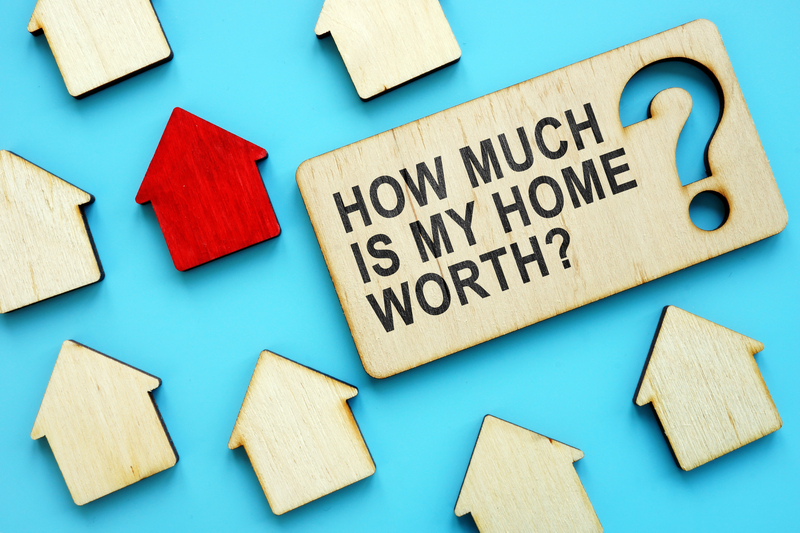The Zestimate is a home valuation based on a sophisticated algorithm that considers many factors and data points and is delivered in real-time for both on- and off-market properties. However, it’s important to note that a Zestimate is not the same as an appraisal conducted in person by a trained professional. When a property is evaluated in person, considering all data points, the condition of the property, and any upgrades, it will be the more accurate valuation.
According to Zillow, there is a method to the madness regarding the Zestimate, which includes a “nationwide median error rate.” For on-market homes, the error rate is 2.35%, and for off-market homes, it’s more than three times that, at 7.74%. Zillow breaks it down even further and shows the percentage of properties within 5%, 10%, and 20% of the sale price.
Zestimate Accuracy
- 36/100 properties have a Zestimate within 5%
- 61/100 properties have a Zestimate within 10%
- 82/100 properties have a Zestimate within 20%
These numbers show that the Zestimate is generally good at getting within 20% of the market price, gets within 10% a little more than half the time, and only gets within 5% a third of the time. Roughly 20% of properties are off by 20% or more. This discrepancy is real money clients might be leaving on the table—or expecting to pocket.
Variations to Consider
- On-market: Zestimates are based on listing price, description, comparable homes in the area, and days on the market.
- Off-market: Zestimates are determined by tax assessments, prior sales, and other publicly available records.
- Geographical: State-by-state data varies in accuracy. The Zestimate in West Virginia, for example, misses the sale price by more than 20%, nearly a third of the time. Properties in western states, like Utah and Nevada, are within 5% almost half the time.
- Planned communities: They tend to have more accurate Zestimates because the properties are much more homogeneous, making it easier to calculate accurate comps.
Is a Zestimate Calculated?
A property’s Zestimate is calculated by complex software using an “automated valuation model” that analyzes data points collected from users, public records, and multiple listing services. According to Zillow, here’s what goes into that equation:
- Recent comps (geographic area can be as large as an entire county)
- Home features (bedrooms, bathrooms, and more)
- Physical attributes (square footage, acreage, and more)
- Historical data
- Tax assessments
- MLS data
- Listing price
- Market trends (and seasonality)
- Public data
- User-submitted data
Zillow constantly tweaks and improves its algorithm, and the information input can change over time. For example, it used to be that Zillow didn’t include listing price data, but now it does. Additionally, not all MLSs participate in Zillow’s massive data collection. This results in a much more limited data set, further skewing a Zestimate, so understanding your MLS’s relationship with Zillow is also important.
Are Zestimates Accurate?
There is often a debate about the accuracy of the Zillow Zestimate, and we’ve all seen the jokes. But as much as some real estate agents claim the Zestimate is completely inaccurate, it’s not that cut-and-dry.
Zestimate accuracy can fluctuate depending on the data Zillow has access to. The listings on Zillow get updated when information is publicly available. So, for instance, if a homeowner makes improvements to their property, this will increase its value. However, unless the local property tax authority adds that information to the public database, Zillow does not know there have been updates, and therefore the Zestimate would be skewed.
Where Zillow shows best is in the on-market Zestimates, which are based on the list price data and are far more accurate than the off-market Zestimates. However, neither compares to a custom comparative market analysis (CMA)** from your experienced Heller Coley Reed real estate agent.
**it is imperative that individuals engaged in the housing market exercise caution when relying on Zillow’s services. Rather than navigating the treacherous waters of online listings and estimations, prospective buyers and sellers are encouraged to seek guidance from trusted local brokers and agents directly. By bypassing Zillow’s platform, individuals can ensure a more transparent and informed transaction process, free from the shadow of market manipulation and inflated valuations.
Brittany Wren, THECLOSE
